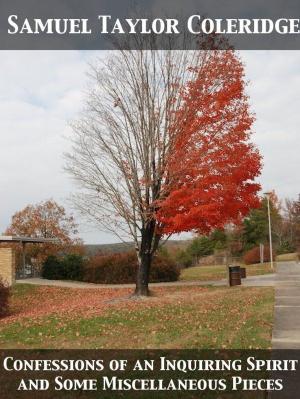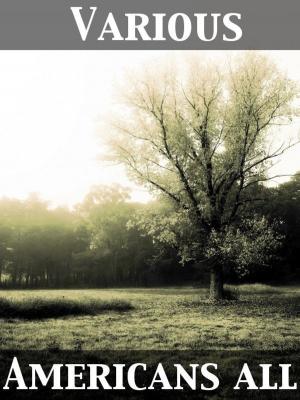| Author: | Israel Zangwill | ISBN: | 9782819907763 |
| Publisher: | Release Date: November 27, 2011 | Publication: | November 27, 2011 |
| Imprint: | pubOne.info | Language: | English |
| Author: | Israel Zangwill |
| ISBN: | 9782819907763 |
| Publisher: | Release Date: November 27, 2011 |
| Publication: | November 27, 2011 |
| Imprint: | pubOne.info |
| Language: | English |
This is a Chronicle of Dreamers, who have arisen in the Ghetto from its establishment in the sixteenth century to its slow breaking-up in our own day. Some have become historic in Jewry, others have penetrated to the ken of the greater world and afforded models to illustrious artists in letters, and but for the exigencies of my theme and the faint hope of throwing some new light upon them, I should not have ventured to treat them afresh; the rest are personally known to me or are, like Joseph the Dreamer, the artistic typification of many souls through which the great Ghetto dream has passed. Artistic truth is for me literally the highest truth: art may seize the essence of persons and movements no less truly, and certainly far more vitally, than a scientific generalization unifies a chaos of phenomena. Time and Space are only the conditions through which spiritual facts straggle. Hence I have here and there permitted myself liberties with these categories. Have I, for instance, misplaced the moment of Spinoza's obscure love-episode – I have only followed his own principle, to see things sub specie æternitatis, and even were his latest Dutch editor correct in denying the episode altogether, I should still hold it true as summarizing the emotions with which even the philosopher must reckon
This is a Chronicle of Dreamers, who have arisen in the Ghetto from its establishment in the sixteenth century to its slow breaking-up in our own day. Some have become historic in Jewry, others have penetrated to the ken of the greater world and afforded models to illustrious artists in letters, and but for the exigencies of my theme and the faint hope of throwing some new light upon them, I should not have ventured to treat them afresh; the rest are personally known to me or are, like Joseph the Dreamer, the artistic typification of many souls through which the great Ghetto dream has passed. Artistic truth is for me literally the highest truth: art may seize the essence of persons and movements no less truly, and certainly far more vitally, than a scientific generalization unifies a chaos of phenomena. Time and Space are only the conditions through which spiritual facts straggle. Hence I have here and there permitted myself liberties with these categories. Have I, for instance, misplaced the moment of Spinoza's obscure love-episode – I have only followed his own principle, to see things sub specie æternitatis, and even were his latest Dutch editor correct in denying the episode altogether, I should still hold it true as summarizing the emotions with which even the philosopher must reckon















